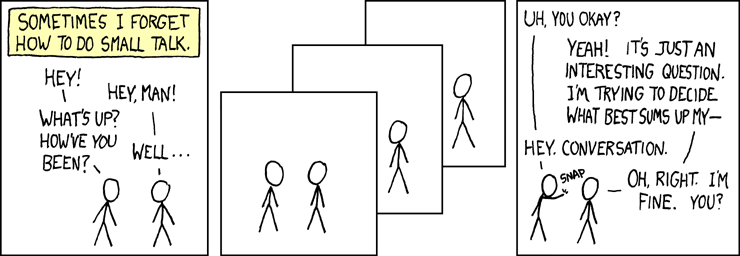John Fairbairn wrote:
Despite the title, it seems that Americans are being lumped in with Brits (as in "we have a problem, Houston"). Would the Dutch or anyone else see themselves as close to the Germans?
Many Austrians would be offended when being lumped together with Germans (which happens quite often because the language is more or less the same
I also don't really understand the lumping together of Americans and Brits. But that's probably because I have a lot of contact with foreigners. Others probably just see just see them as "those guys who speak a language I don't really understand".
